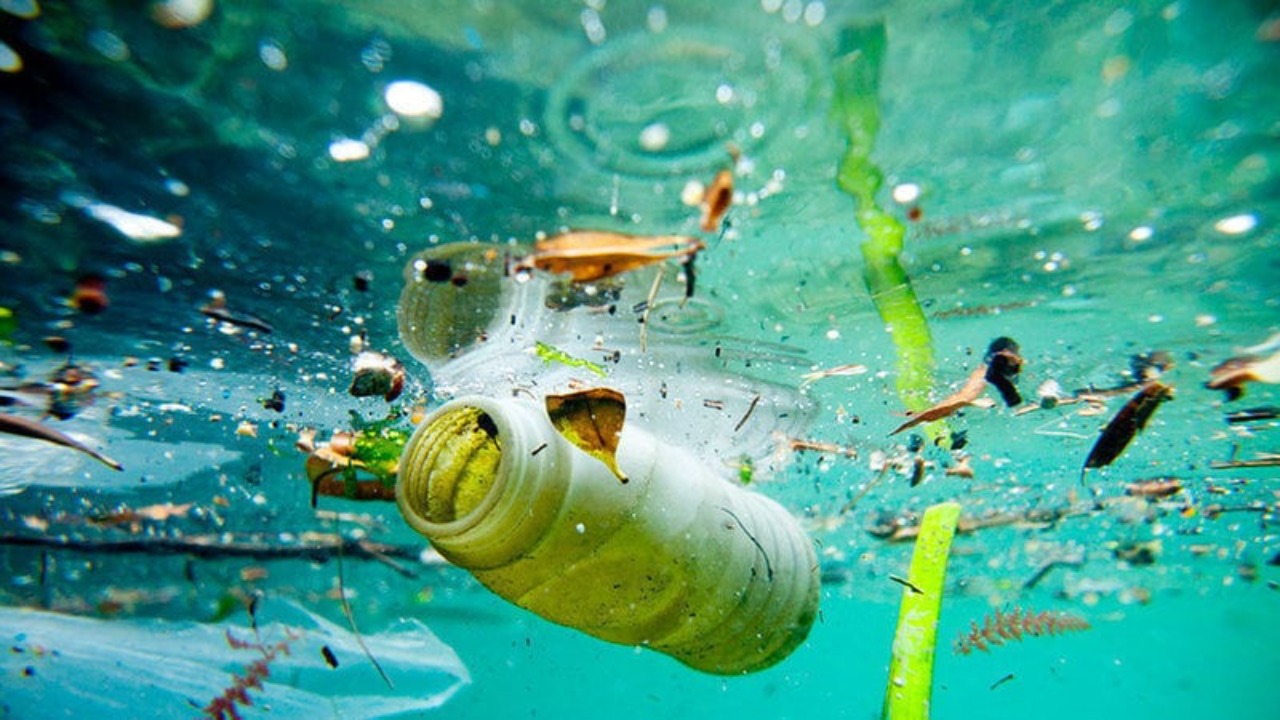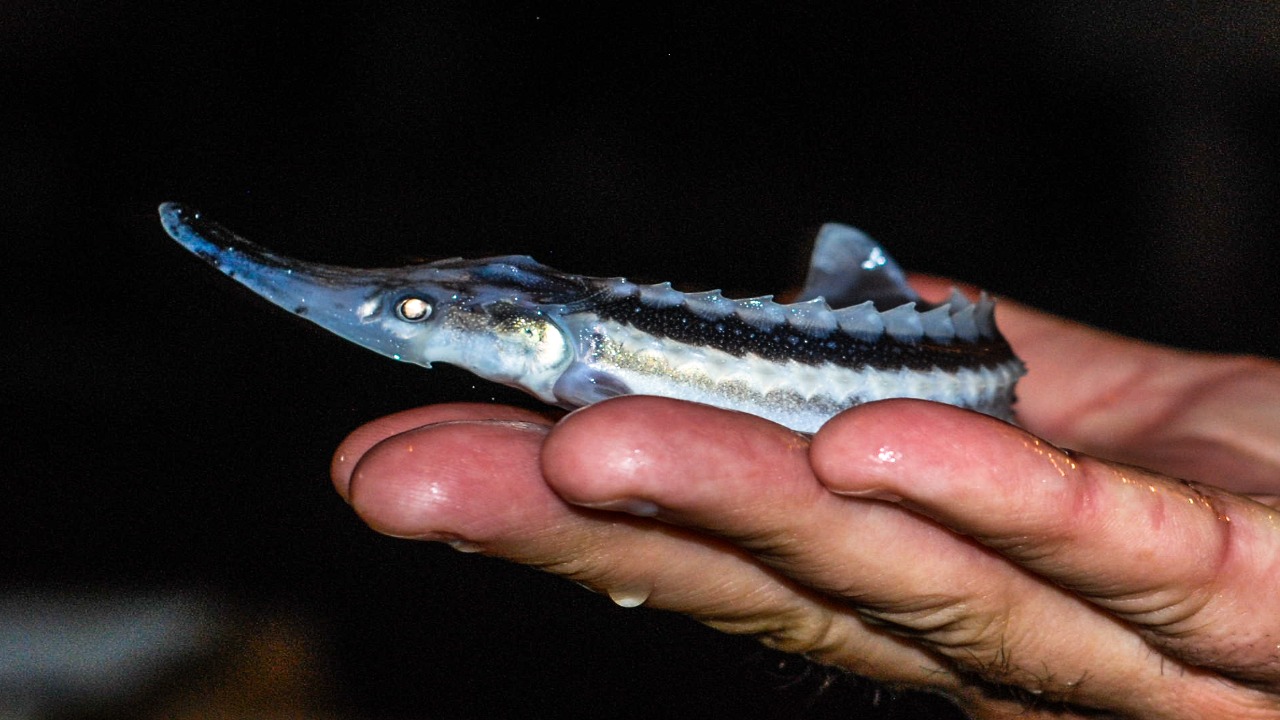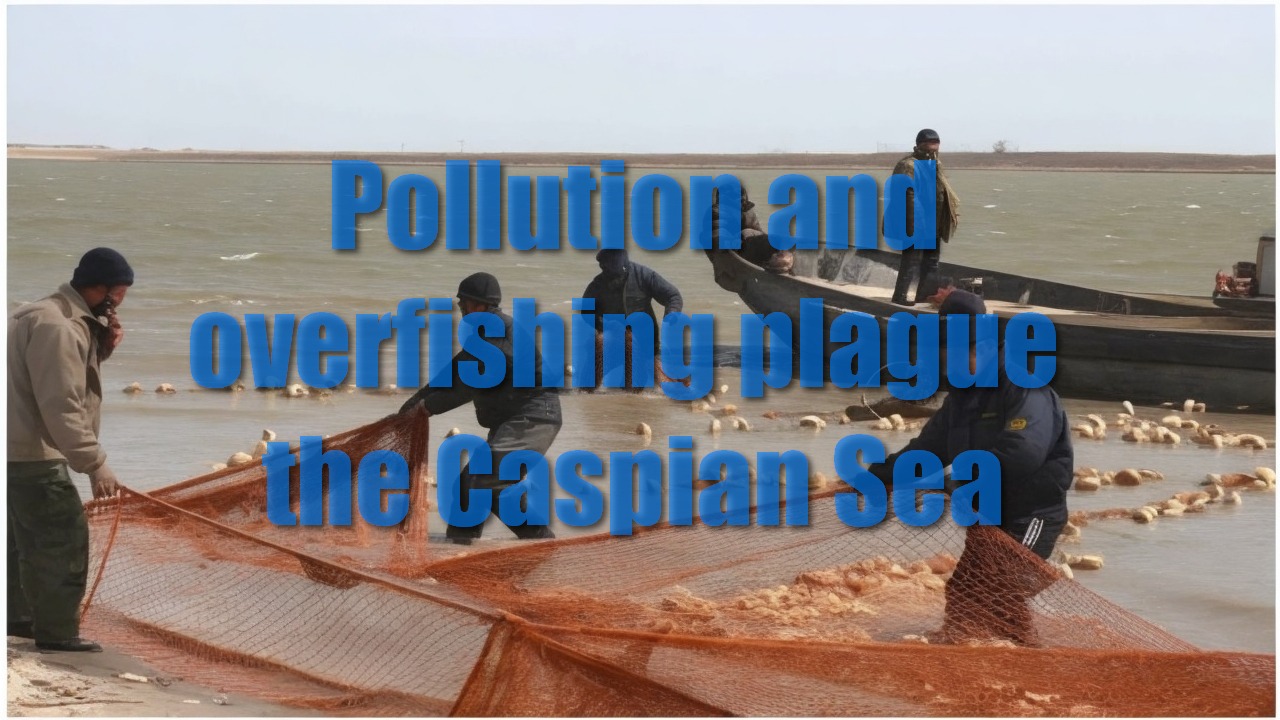
The Caspian Sea, one of the world’s largest inland bodies of water, has long been celebrated for its unique ecosystems and abundant aquatic resources. However, in recent years, this once-pristine sea has faced grave threats in the form of pollution and overfishing. In this article, we will delve into the challenges that are plaguing the Caspian Sea, threatening not only its biodiversity but also its role as a vital resource for the region.
Environmental Pollution
The Caspian Sea’s pristine waters are increasingly contaminated by various forms of pollution. Industrial discharges, agricultural runoff, and oil spills have led to a deterioration in water quality. This pollution poses a severe risk to the diverse marine life that calls the Caspian home, including the sturgeon, which is renowned for producing the world-famous Caspian Sea caviar.
Overfishing and its Consequences
Overfishing has become another significant concern in the Caspian Sea. The overharvesting of fish stocks, particularly sturgeon, has had devastating consequences for both the ecosystem and the local economy. Sturgeon, the source of prized caviar, has seen its populations decline dramatically due to excessive fishing pressure.
Impact on Biodiversity
The Caspian Sea is home to a wide variety of species, many of which are found nowhere else on Earth. However, pollution and overfishing have placed immense stress on these ecosystems. Several species of sturgeon are now endangered, and their continued decline could have cascading effects on the entire Caspian ecosystem.
Economic Ramifications
The Caspian Sea plays a crucial role in the economies of the countries that border it. Fishing has historically been a significant source of income and sustenance for local communities. However, the overexploitation of resources threatens the livelihoods of those dependent on the sea. Additionally, the decline in the quality of caviar due to pollution diminishes the market value of this highly sought-after luxury product.
Efforts to Address the Crisis
Recognizing the urgency of the situation, the Caspian littoral states have taken steps to address pollution and overfishing. International agreements and regional initiatives aim to reduce pollution and promote sustainable fishing practices. Efforts to protect and restore sturgeon populations are also underway, as the preservation of this iconic species is crucial for both ecological and economic reasons.
Conclusion
The Caspian Sea, with its rich biodiversity and cultural significance, faces an uncertain future due to pollution and overfishing. The challenges posed by these issues are complex and require coordinated efforts from all stakeholders to find sustainable solutions. Preserving the Caspian Sea and its unique ecosystem is not just a matter of environmental concern but also a matter of economic and cultural importance. Finding a balance between human activities and the preservation of this natural treasure is essential to ensure that future generations can continue to enjoy the wonders of the Caspian Sea, including its renowned Caspian Sea caviar.


